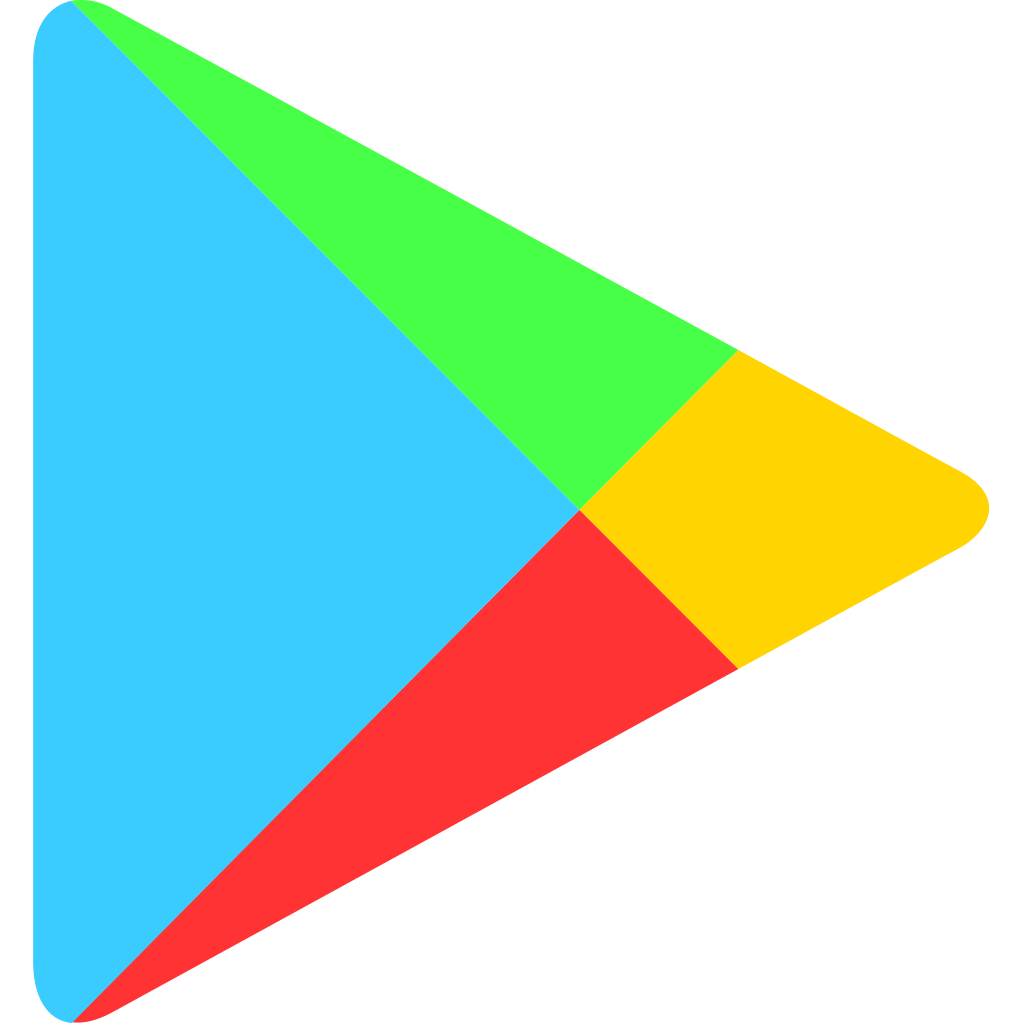Pocket Golf - 24/02/2022
The Purpose.
Pocket Golf was an introductory project I used to understand the fundamental concepts of programming - such as computational thinking, logical design, and efficient code. Everybody wants to create the next Facebook, but I knew that biting off more than I could chew would cause me to ultimately give up and learn nothing. I have always had a nerdy passion for video games, so it felt attractive to create one. Pocket Golf took me on a journey from the initial inception of an idea to a finished product, and everything in between.
The Product.
Pocket Golf is a hyper-casual 2D mobile game, developed independently using the Unity Engine. It’s free on both the App Store and Google Play, with no aggressive monetization strategy or pushy advertisements. The game features 4 worlds with each hosting unique mechanics and themes - from a colourful grass plain to the interior landscape of a volcano. Collect coins around the 32 levels and spend them in the cosmetic shop customizing your ball or try your hand at ‘Endless Mode’ which randomly cycles through every level, adding 1 to your score on the completion of each.
The Perspective.
Completing this project allowed me to learn many transferrable skills; for example, the computer only ever does as instructed, so it’s my code that doesn’t work. I also learnt the importance of setting myself personal deadlines. Coming from an academic background, it felt good to spend as long or as little as I liked on a feature (or more commonly a bug). However, without personal deadlines I realized I was making little progress very slowly, so I designed a plan to help me reach my goals in a timely way. Likewise, this project showed me the importance of design when trying to solve a problem. It was hard to keep mental notes on exactly how I wanted a feature to perform, so creating flowcharts allowed me to visually understand each problem, and the steps it took to solve them. The icing on the cake was sharing something I had put time and energy into with my friends.






